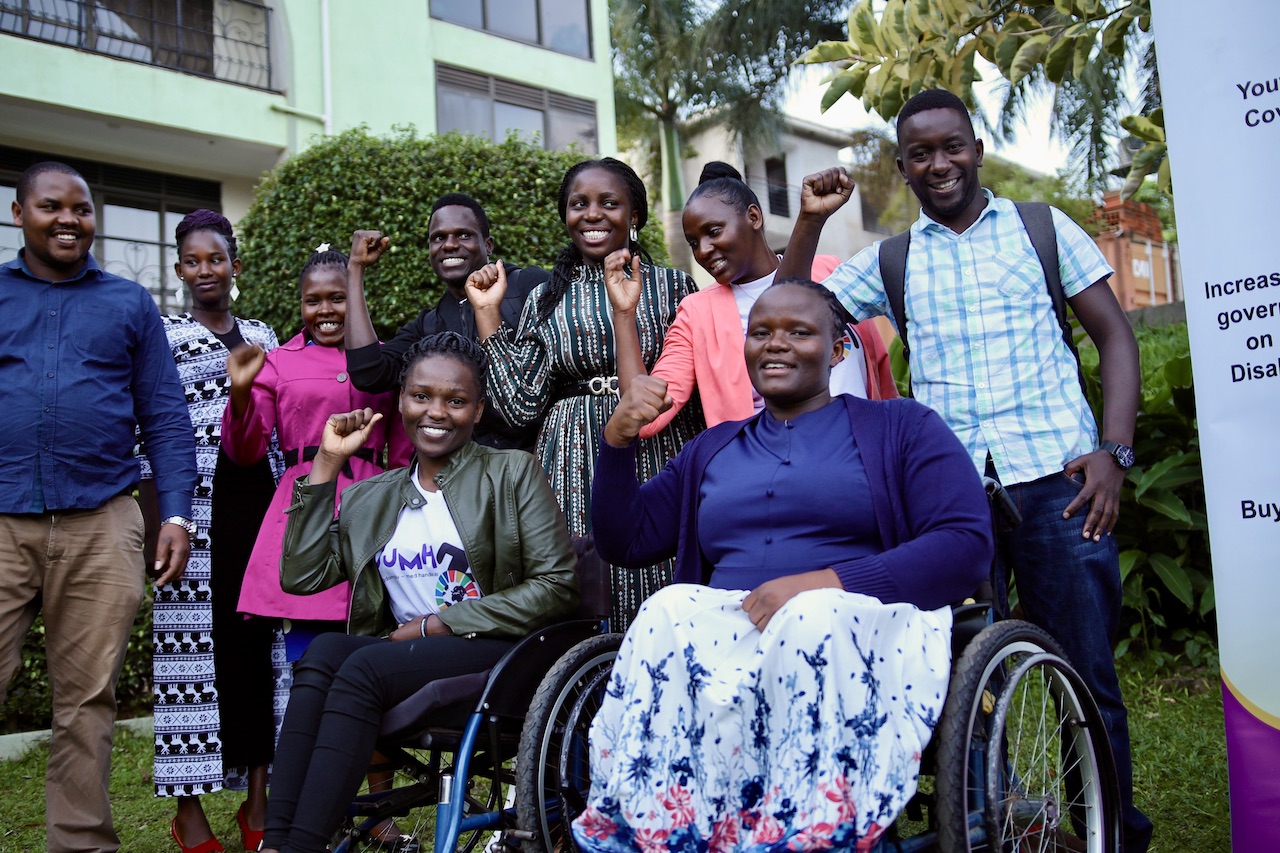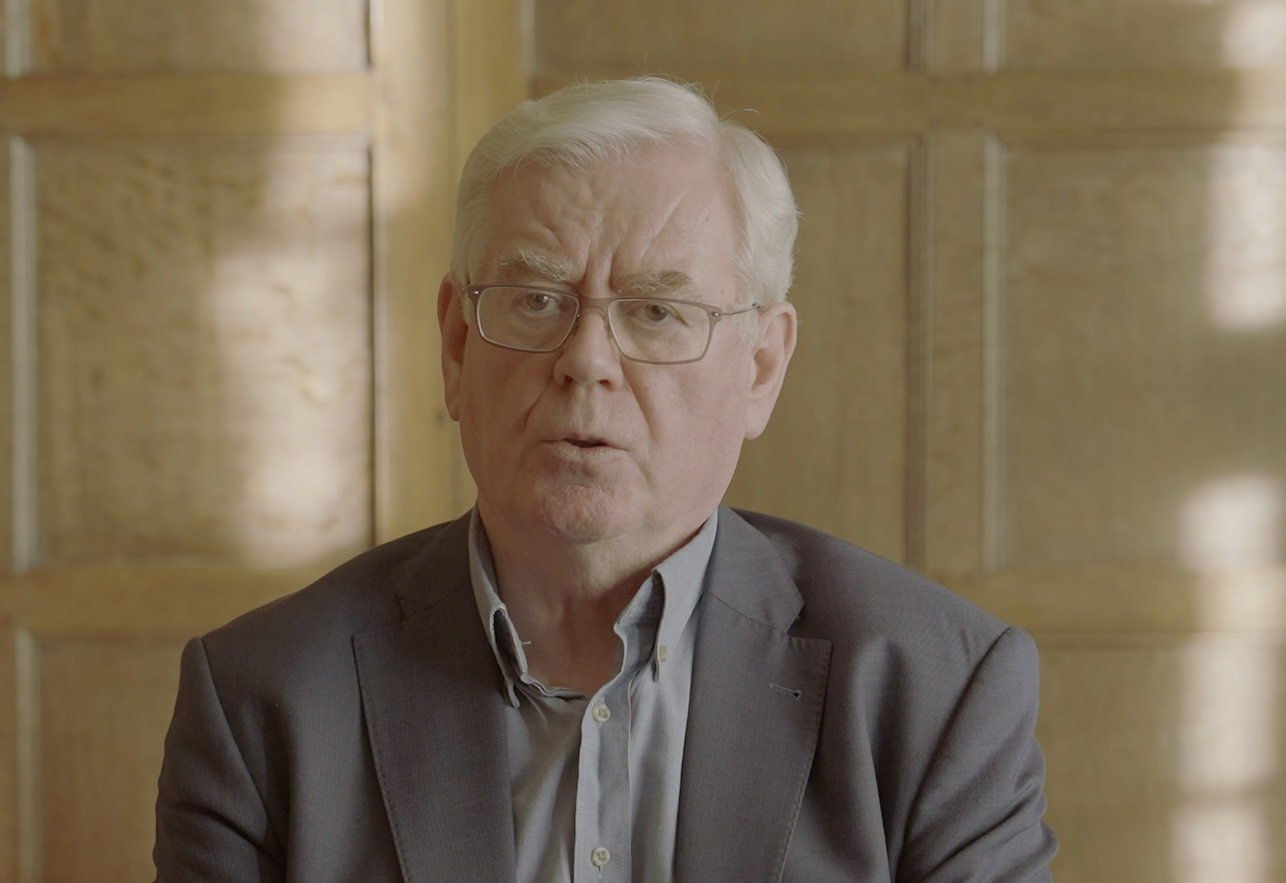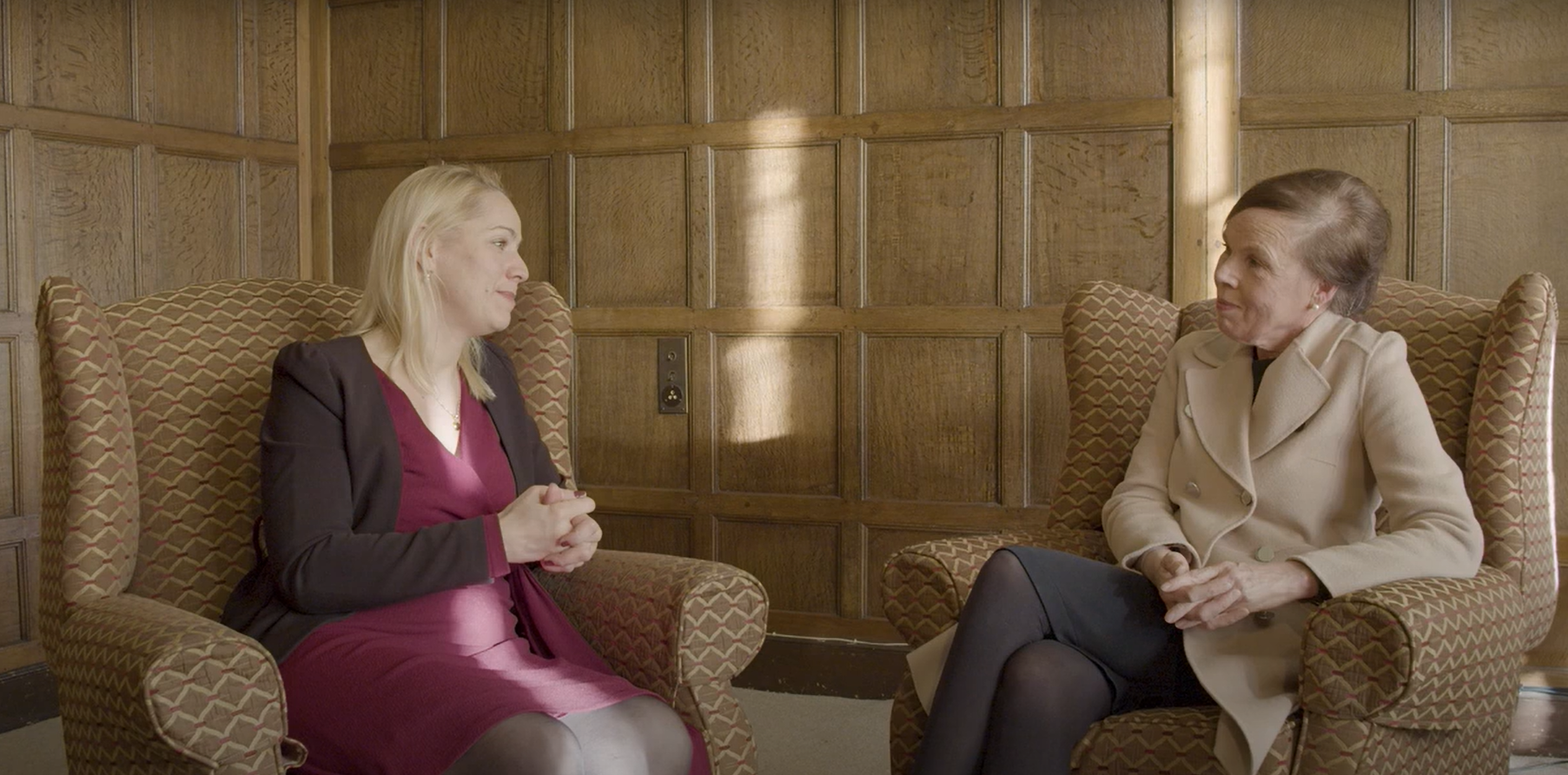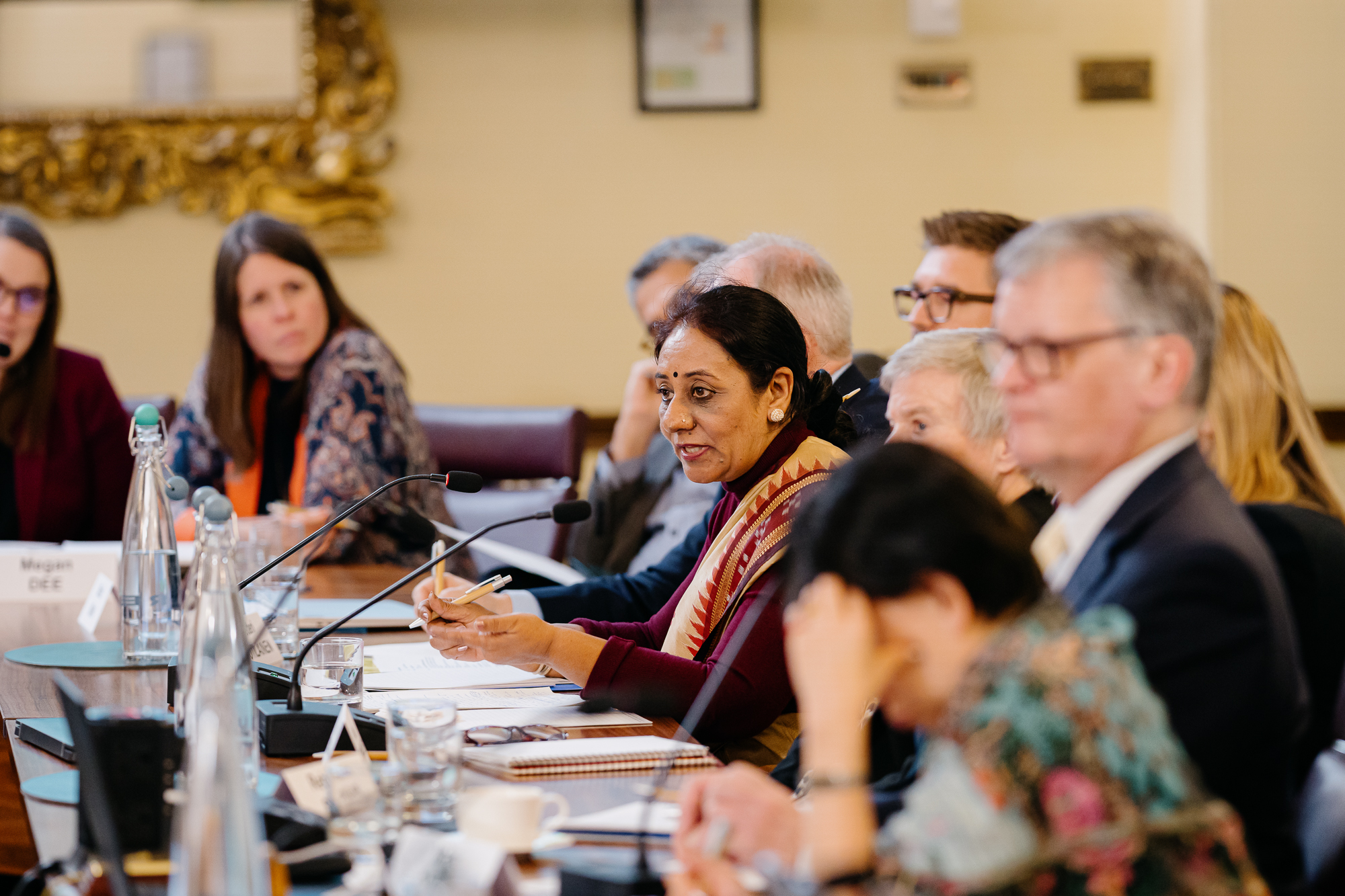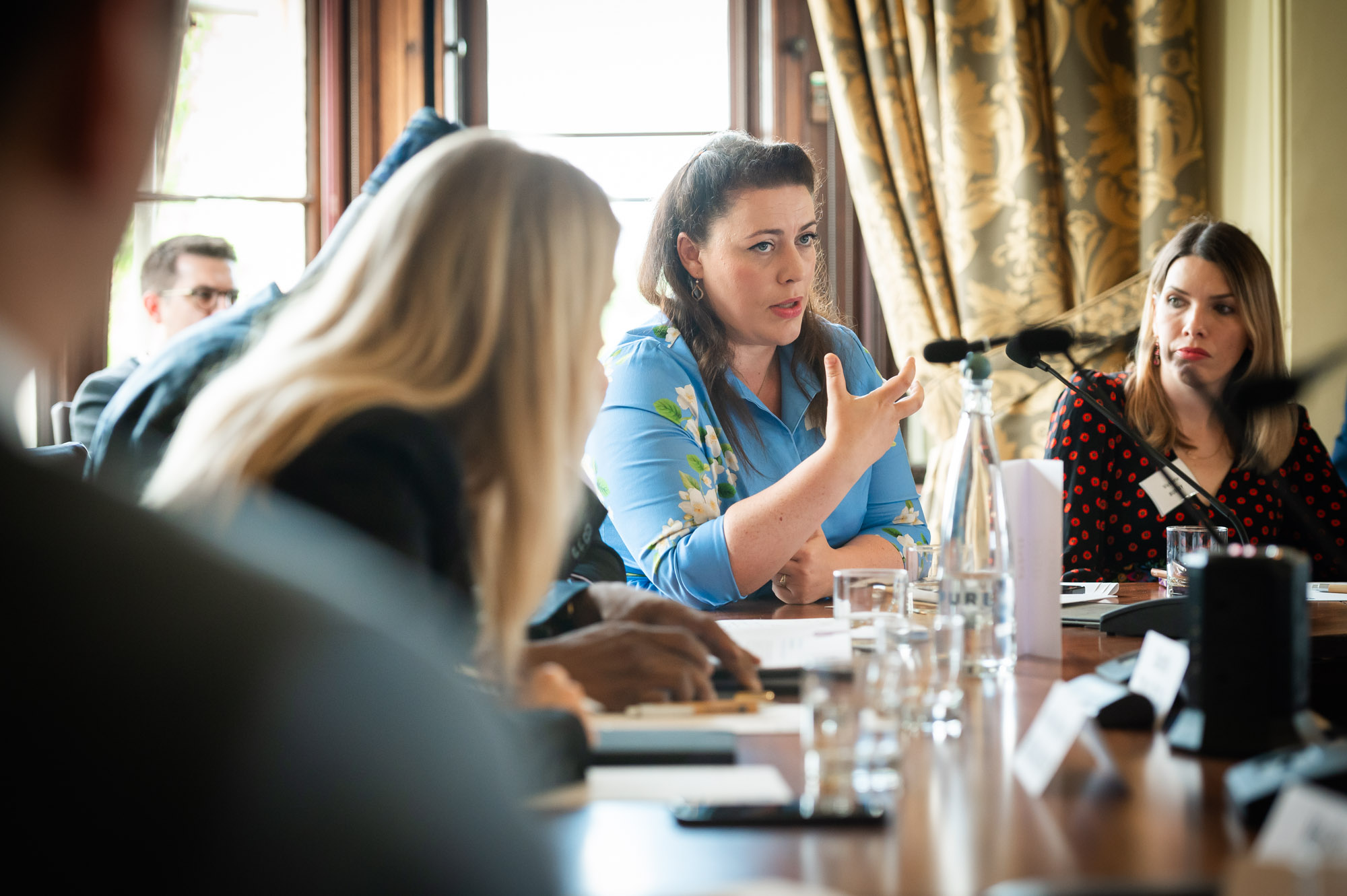Seventy years after the adoption of the Universal Declaration of Human Rights (UDHR) and 25 years on from the Vienna Declaration and Program of Action (VDPA), human rights are under threat. Key powers are retreating from their human rights responsibilities, civil society space is narrowing and the human rights-security debate has intensified. These concerns are heightened by shifts in the international power balance, compounded by an increasing polarisation of views across the globe. There is a pressing need to address these worrying trends and identify new ways of strengthening commitment to human rights.
Rights based development and the reaffirmation of the responsibility of all states to respect, protect and promote human rights, engendered in the Goals of the 2030 Agenda for Sustainable Development (SDGs), provides momentum to re-invigorate debate and build on existing standards. The universally respected credo “leave no-one behind” offers an opportunity to explore both the interpretation and implementation of economic, social and cultural rights (ECSR) as well as civil and political rights (CPR) and the right to development as a means to strengthen universal respect for human rights and combat inequalities and discrimination. However, there is a risk that the SDGs are seen by some countries as the new standard, thereby undermining key human rights conventions and frameworks.
Specific themes to be explored: Is there a need for a new human rights narrative? Can the Agenda 2030 provide this narrative without challenging universally accepted human rights norms and standards? What are the risks of new approaches and documentation which may receive widespread state support but which are not legally binding? How can these risks be mitigated?
This roundtable provided an opportunity to explore risks and opportunities provided by Agenda 2030 and to identify creative approaches among a range of responsible actors seeking to promote and strengthen human rights principles.
Topics for discussion included: ways in which to strengthen and expand civil society space and protect human rights defenders; the role and influence of emerging and ‘middle powers’; prospects for engagement of non-state actors, including business.
This invitation only expert roundtable was being developed in partnership with the Federal Department of Foreign Affairs of Switzerland and the Ministry for Foreign Affairs of Finland. Through frank and off-the-record discussion under the Wilton Park protocol, the meeting aimed to:
- Take stock of the current international human rights landscape in relation to Agenda 2030;
- Identifying the challenges and opportunities provided by the convergence between the human rights and development pillars;
- Explore sustainable ways forward and consider creative solutions.




